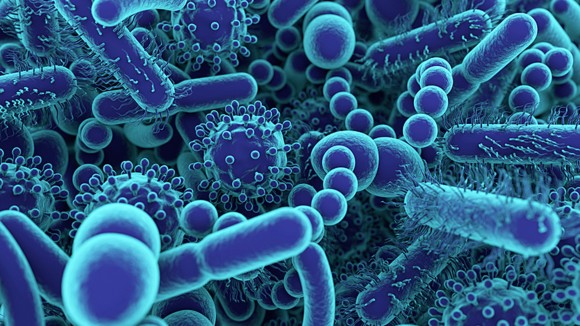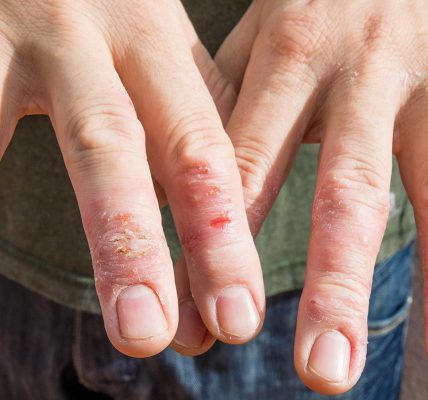Infectious diseases, caused by microorganisms such as bacteria, viruses, fungi, and parasites, continue to pose significant health risks worldwide. While advancements in medicine have helped control many diseases, new challenges emerge, and old ones resurface.
Common Infectious Diseases
- Bacterial Infections: Caused by bacteria, these infections can range from mild to life-threatening. Common examples include pneumonia, tuberculosis, and foodborne illnesses.
- Viral Infections: Viruses can cause a variety of illnesses, including the common cold, influenza, and more serious diseases like HIV/AIDS and hepatitis.
- Fungal Infections: These infections often affect the skin, nails, and lungs.
- Parasitic Infections: Parasites, such as worms and protozoa, can cause various diseases, including malaria and intestinal infections.
Factors Contributing to the Spread of Infectious Diseases
- Globalization: Increased travel and trade facilitate the rapid spread of diseases across borders.
- Antimicrobial Resistance: The overuse and misuse of antibiotics can lead to drug-resistant bacteria.
- Climate Change: Changing climate patterns can create favorable conditions for the spread of certain diseases.
- Weak Health Systems: Poor healthcare infrastructure and inadequate access to healthcare can hinder disease prevention and control.
Preventing Infectious Diseases
To prevent the spread of infectious diseases, it’s essential to follow these guidelines:
- Vaccination: Get vaccinated against preventable diseases like influenza, measles, and tetanus.
- Hand Hygiene: Wash your hands frequently with soap and water, especially before eating and after using the restroom.
- Healthy Lifestyle: Maintain a healthy diet, get enough sleep, and exercise regularly to boost your immune system.
- Safe Food Practices: Practice good food hygiene, including cooking food thoroughly and storing it properly.
- Vector Control: Protect yourself from mosquito bites by using insect repellent and wearing protective clothing.
- Travel Precautions: Take necessary precautions when traveling to areas with outbreaks of infectious diseases.
By understanding the factors that contribute to the spread of infectious diseases and taking preventive measures, we can protect ourselves and our communities.




